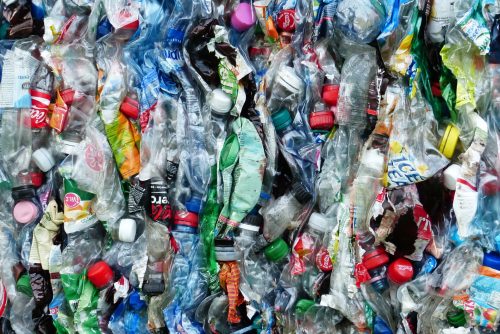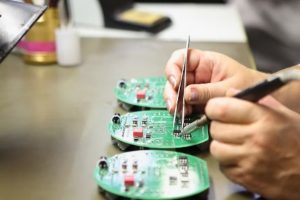‘Supercritical water’ technology is the next generation of recycling

The University of Birmingham has licensed the rights to a ‘supercritical water’ technology to an engineering consultant from Cheshire.
Stopford will use its technological innovation and engineering expertise to develop a process for recycling mixed plastic packaging that results in a greater proportion of high valued recycled plastic, using less emissions.
Invented by Dr Bushra Al-Duri from UoB’s School of Chemical Engineering and developed with Stopford, the process will have fewer processing steps than current recycling methods and no solvent residues.
Above the critical point of 374.5 oC and 220 bars (217 atmospheres), water is described as ‘supercritical’ where its properties and operational behaviour are completely different from ambient/hot water.
Dr Al-Duri added: “Supercritical water technology represents the next generation for treatment and recycling of ‘stubborn’, complex, and hazardous waste that is currently treated by incineration or sent to landfill.”
Stopford will further develop and scale the novel hydro-thermal process called CircuPlast.
CircuPlast will be an eco-friendly technology that will use ‘supercritical’ water rather than industrial solvents for the repurposing of waste plastics. This provides a sustainable alternative to fossil fuels with no CO2, emissions in the production or disposal phases.
David Coleman, CEO of University Birmingham Enterprise, said: “The growth of plastics production has long outstripped the capacity for recycling, with the UK alone producing over 2 million tonnes of plastic packaging waste each year, of which just over half is recycled.
“The university is working with Stopford to deliver a viable way of recycling much more plastic packaging that will help meet sustainability goals.”
CircuPlast will be an eco-friendly technology that will use ‘supercritical’ water rather than industrial solvents for the repurposing of waste plastics. This provides a sustainable alternative to fossil fuels with no CO2, emissions in the production or disposal phases.








